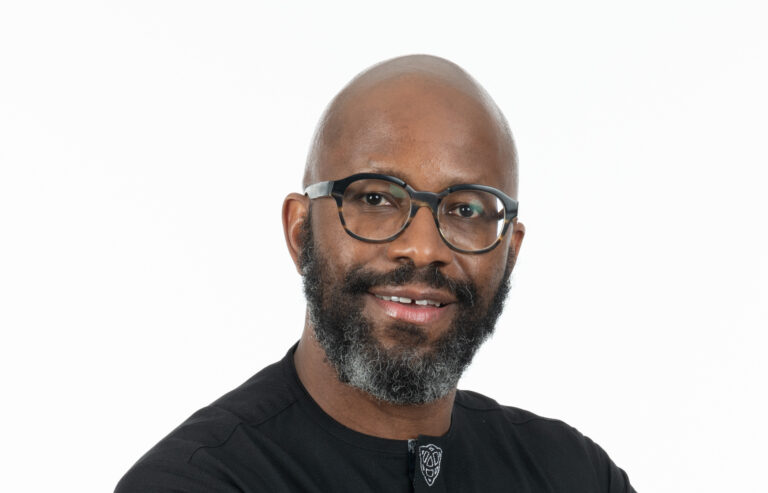Surprise revelation by Dell’Oro
There is good news and bad news about the Open RAN market, according to Dell’Oro Group analyst Stefan Pongratz. The good news is that sales of Open RAN kit are booming. The bad news is most buyers don’t seem to trust multiple suppliers. The RAN door is open, but only one vendor can come in. The Open RAN train is unexpectedly gathering pace, says the latest Dell’Oro Group report. Regional drivers pushed the accelerator in the first half of 2022 and kept going in the third quarter, doubling Open RAN’s takings on last year’s revenue audit.
Commercial Open RAN revenues continue to surprise us, said Stefan Pongratz, Vice President with the Dell’Oro Group, but he warned of mixed messages coming from the signal box. While early adopters are embracing openness there is more uncertainty among the early adopter mobile operators. The implications for the broader RAN suppliers are not great because single vendor deployments are driving a significant portion of all the Open RAN market growth, said Pongratz.
Other Open RAN highlights from the 3Q 2022 RAN report include a ranking of the top four Open RAN suppliers, with Samsung, Fujitsu, NEC, and Mavenir making the most money in the period studied. Trials are on the rise across the globe but the North America and Asia Pacific regions account for 95% of the market revenue. “More than 80% of the year-to-date growth is driven by the North America region, supported by large scale non-Massive MIMO and Massive MIMO macro deployments,” says the report.
The rise of Open RAN has so far had a limited impact on the broader RAN (proprietary and Open RAN) market concentration. The data contained in the report suggest that the collective RAN share of the top 5 RAN suppliers (Huawei, Ericsson, Nokia, ZTE, and Samsung) declined by less than one percentage point between 2021 and 1Q22-3Q22.
Short-term projections have been revised upward to reflect the higher baseline. Open RAN is now projected to account for 6 to 10% of the RAN market in 2023. Open RAN growth rates, however, are expected to decelerate next year, reflecting the likelihood that the sum of new brownfield deployments will be able to offset more challenging comparisons with the early adopters.












